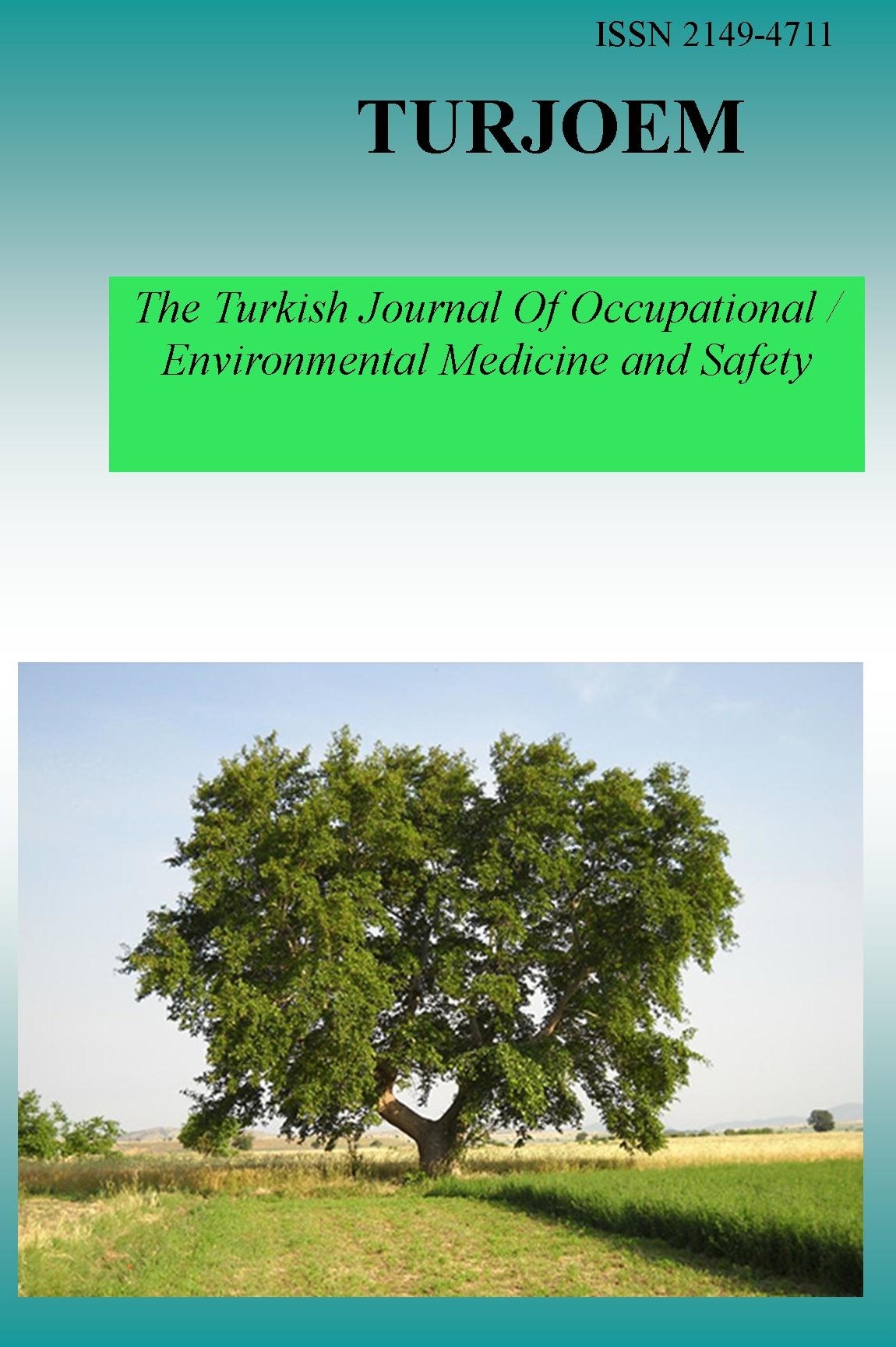THE EFFECT OF HYPERTENSION AND BODY MASS INDEX ON SISTER CHROMATID EXCHANGE IN MAINTENANCE HEMODIALYSIS PATIENTS WITH CHRONIC KIDNEY FAILURE
THE EFFECT OF HYPERTENSION AND BODY MASS INDEX ON SISTER CHROMATID EXCHANGE IN MAINTENANCE HEMODIALYSIS PATIENTS WITH CHRONIC KIDNEY FAILURE
___
- Sevcan MAMUR, Deniz YÜZBAŞIOĞLU, Fatma ÜNAL, Kadriye ALTOK, Serpil Müge DEĞER
- Department of Biology, Polatlı Art and Science Faculty, Gazi University, Ankara, Turkey Genetic Toxicology Laboratory, Department of Biology, Science Faculty, Gazi University, Ankara, Turkey Department of Nephrology, Medical Faculty, Gazi University, Ankara, Turkey
- ISSN: 2149-4711
- Başlangıç: 2015
- Yayıncı: Engin TUTKUN
GENOTOXIC EFFECTS OF SILICON DIOXIDE NANOPARTICLES IN ALLIUM CEPA
Özlem ÇALBAY, Fatma ÜNAL, Zekiye SULUDERE, Deniz YÜZBAŞIOĞLU
A REVIEW OF HEAVY METAL (As, Pb, Cd and Hg) TOXICITY ON INFANTS
FORENSIC AND ANALYTICAL CONSIDERATION TO HERBAL INTOXICATION CASES
EFFECTS OF ENVIRONMENTAL TOXICITY ON CANCER AND OTHER DISEASES
EVALUATION OF Ni LEVELS IN SALIVA AND URINE SAMPLES FROM ORTHODONTIC PATIENTS
Onur ERDEM, Serdar ÇETINKAYA, Mehmet KAPLAN, Eyüp ÇIRAK, Sıla Mermut GÖKÇE, Cemal AKAY
Aysel Çağlan KARASU BENLI, Belda ERKMEN, Zuhal YILDIRIM, Ramazan MERT, Figen ERKOÇ
Zeliha KAYAALTI, Fezile ÖZDEMİR, Fatma CAN, Dilek KAYA- AKYÜZLÜ, Ceylan BAL, Cemil NURAL
APPLYING THE EXPOSOME CONCEPT IN STUDIES OF OCCUPATIONAL AND ENVIRONMENTAL EXPOSURES
THE ANALYTICAL INSRUMENTATION METHODS NEEDED FOR MODERN FORENSIC TOXICOLOGY LABORATORY
